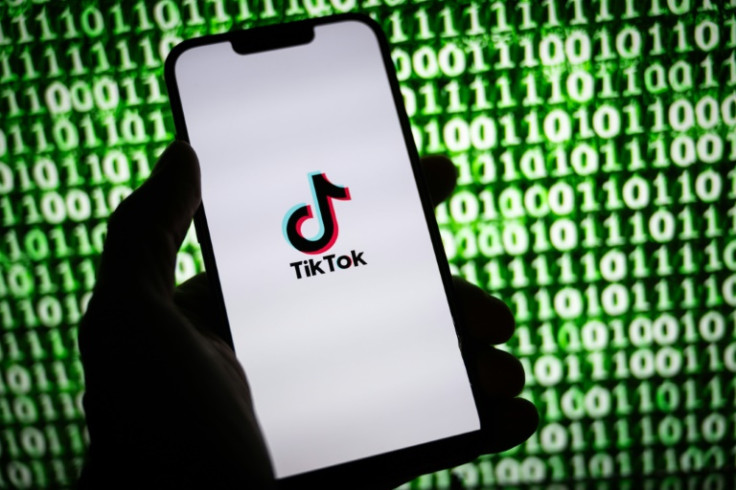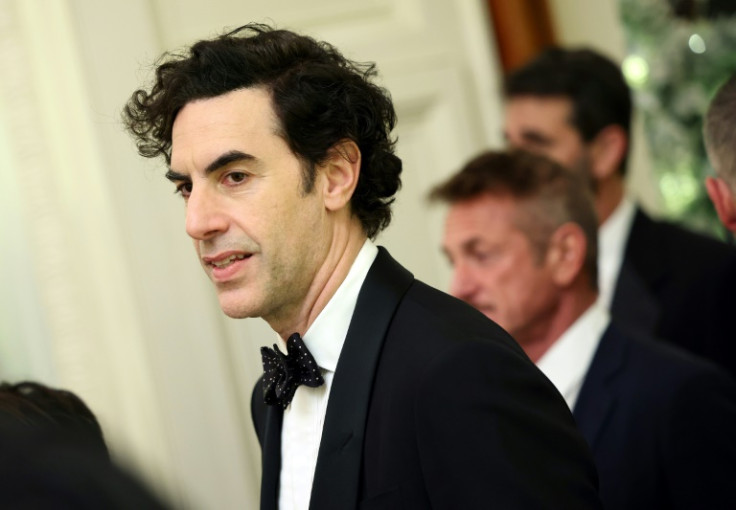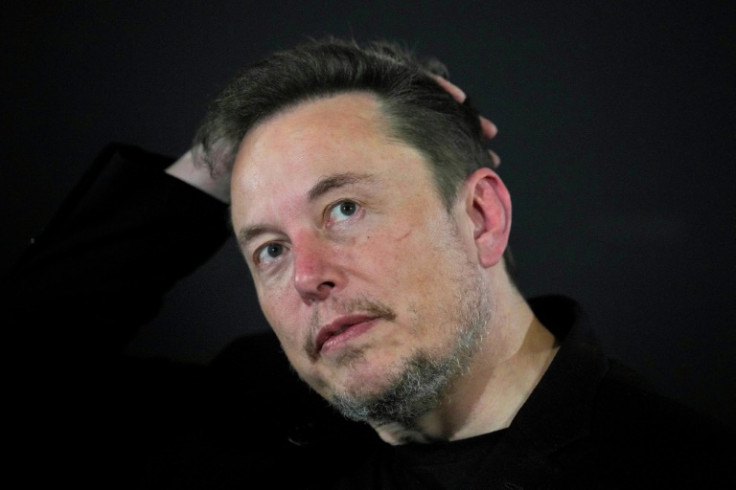Social Media Titans Caught In Gaza Storm Over Content

Six weeks after the eruption of the war in Gaza with the attack by Hamas on Israel, social media platforms are still caught in the maelstrom, struggling to control content and withstand user fury.
TikTok and X, formerly Twitter, were swept up in controversies this week, one involving an unearthing of a two-decade old screed by Osama bin Laden, the mastermind of the 9/11 terror attacks on the United States.
Facebook and Instagram owner Meta is also facing pushback from users accusing the company founded by Mark Zuckerberg of over-censorship of pro-Palestinian content.
The problems have cast a harsh light on content moderation policies at the big platforms after a big cost-cutting campaign last year saw trust and safety teams gutted.
For TikTok, the risks are real as it faces a threat to be outright banned in the United States, under suspicion that its powerful algorithm is ultimately under the control of the Chinese Communist Party.
Those calls were renewed when it emerged on Thursday that videos promoting bin Laden's "Letter to America" went viral, 22 years after he wrote it.
Bin Laden's deeply anti-American writing explained his reasons for masterminding plane attacks on New York and Washington that killed nearly 3,000 people.
Searches for the letter were eventually banned by TikTok which minimized the reach of the videos.
"TikTok is so popular now with younger users, and when you talk about younger users you are talking about uniquely uninformed people," said Paul Barrett, deputy director of the NYU Stern Center for Business and Human Rights.
"They do not have enough knowledge of the world to know you can't rely on Osama Bin Laden as your history teacher," he added.
Meanwhile, according to The New York Times, more than a dozen Jewish TikTok celebrities confronted executives this week urging them to stop a surge of anti-Semitism on the app.
"What is happening at TikTok is it is creating the biggest anti-Semitic movement since the Nazis," Sacha Baron Cohen told TikTok in a 90-minute impassioned phone call, according to the Times.
The "Borat" star said TikTok could "flip a switch" to stop such videos, which the company denied it could do.
At X, the problems came of mercurial owner Elon Musk's own making, when he endorsed an anti-Semitic post as the "actual truth," setting off a firestorm that saw yet more major advertisers flee the platform.
Apple, Disney, and Lionsgate Entertainment on Friday were reported to have joined IBM in pausing advertising on X.
Musk had engaged with a conspiratorial claim that Jews want to flood the US with minorities to weaken white majorities.
The theory, observers said, was once notoriously promoted by the man who carried out a mass shooting at a synagogue in Pittsburgh in 2018, killing 11 people in the country's deadliest anti-Semitic attack.
Musk's post received a rebuke from the White House and saw left-wing media watchdog Media Matters for America warn major companies that their ads on X were accompanying blatantly anti-Semitic content.
IBM hours later pulled company ads from the site, while the European Union also said it would halt advertising on X because of a surge in disinformation and hate speech.
Musk is one of the world's most powerful people and his behavior on X seems to indicate he is not bothered particularly about spooking advertisers on a site he paid $44 billion for last year.
Privileging free speech over content moderation, the main risk Musk faces is that Apple or Google could one day boot X from their app stores, said Andrew Selepak, assistant media professor at the University of Florida.
"At what point did they decide it's not worth it for us, and they pull their ties to X," he said.
Meta so far has managed to avoid some of the harshest attention, in part because Facebook and Instagram are deeply focused on keeping advertisers on board with an army of content moderators compared to other platforms.
Moreover, "with Meta, the content you see is most likely going to come from people you know offline," limiting the chances of being offended compared to TikTok, said Selepak.
Meta was briefly caught out blocking Instagram accounts that featured the Palestinian flag, which it later apologized for and corrected.
"Censorship of the Palestinian flag emoji on Instagram and unjustified content removal on mass levels is emblematic of Meta's deeply rooted bias and disregard for Palestinian rights," said Sarah Philips, campaigner at Fight for the Future, an activist group.
In a statement, Meta in October said "we can make errors" and asked users to use their sites' appeals process.


© Copyright AFP 2025. All rights reserved.



















